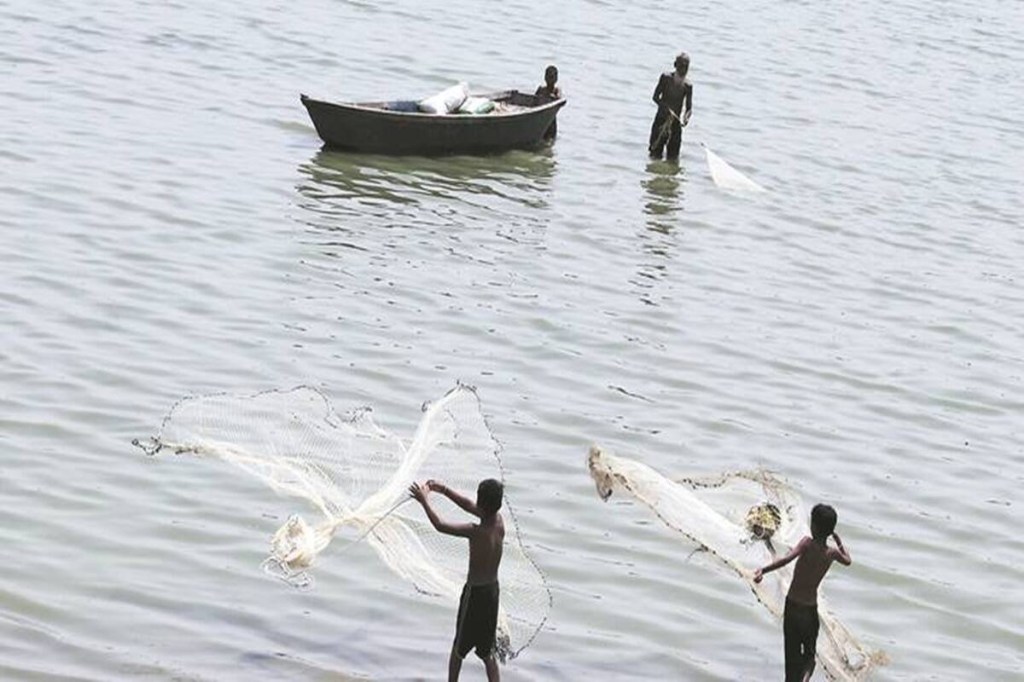A revised draft negotiating text on fishery subsidies at the World Trade Organization (WTO) has disappointed many developing nations, including India, as it seems to offer greater leeway to advanced fishing nations, primarily responsible for the depletion of global fish stocks, to more or less preserve their dole-out status.
At the same time, the developing countries that are not engaged in distant water fishing will have to commit more, sources said, in a sign that an agreement on the matter at the upcoming ministerial meeting starting November 30 looks difficult unless concerns of developing nations are suitably addressed. An appropriate time-frame for transition, in sync with demands of countries like India, are also not quite incorporated in the new text.
Ambassador Santiago Wills of Colombia, who is the chair of the negotiating group on rules, introduced to heads of delegations the revised draft text on Monday for clause-by-clause negotations. The aim of this final phase, Wills said, is to collectively evolve the draft text ideally into a completely clean text or at least as clean as possible, with only one or two issues left for ministers to decide during the 12th ministerial conference.
India and many others will oppose any move to end subsidies for fishermen in developing countries immediately or within a very short time-frame, as is being sought by developed nations. New Delhi has favoured a 25-year exemption from over-fishing subsidy prohibition for developing countries that are not engaged in distant-water fishing. At the same time, it suggests big subsidisers abolish their dole-outs for fishing in areas beyond their exclusive economic zones (200 nautical miles) within these 25 years, which will then set the stage for developing nations to follow suit.
New Delhi believes that big subsidisers (advanced fishing nations) must take greater responsibility in scrapping their dole-outs and reducing fishing capacities, in sync with the principles of “polluter pays” and “common but differentiated responsibilities”.
Massive subsidies, estimated to be in the range of $14 billion to $54 billion per annum globally and extended mostly by large fishing nations, have contributed to over-exploitation of the world’s fish stocks. India’s annual fishery subsidy is only about Rs 770-1,000 crore, granted mostly on things like fuel and boats, according to official sources.
India wants the special and differential treatment for most developing nations on the ground that it is required to not only protect livelihoods of poor fishermen but also address the broader food security concerns. Such treatment will also offer necessary policy space to develop the fisheries sector in these countries.
While India is very keen to finalise a fishery agreement, as lavish and irrational subsidies and overfishing by many countries are hurting the interest of its fishermen, it wants a “balanced” agreement that addresses concerns of developing and least-developed countries.

